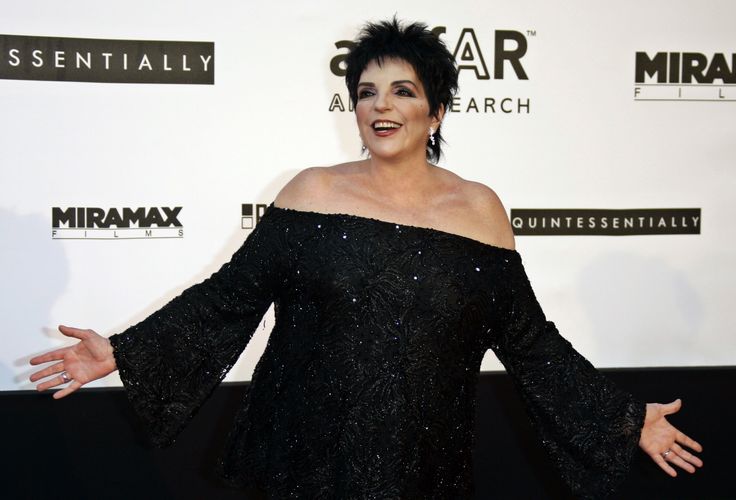
Anthony Peters, SwissInvest Strategist
As occasionally happens, I had a musical association when I read the news and the song that sprang to mind was from “Cabaret”. Not as you might think though. We all remember Liza Minnelli belting out “Life is a cabaret old chum….” which might well be true but in my own mind the wheel stopped on “Maybe this time” – www.youtube.com/watch?v=VQMEUweGitk (not the Minnelli version) – which in turn has become a bit of an ear worm.
Japan – or the BoJ, to be more precise – invented quantitative easing, still referred to as an “unconventional mean”, even though every principal central bank in the world now seems to be practising the dark art on a more or less regular basis. Kuroda, as we know, is trying to inject some inflation into the inherently deflationary Japanese economy but I suspect his efforts will be a labour in vain. After 15 years, deflation is no longer just an economic phenomenon but, for the people of Japan, it has become something of a generational mindset and breaking that is a very large task.
If you want to imagine how large a mountain the BoJ has to climb in order to get Hiroshi and Noriko SixPack back into spending mode, then turn the problem around and ask yourself what chance the Bank of England or the Fed have of weaning their respective populations away from the opposite, namely the inflationary need to consume anything and everything, irrespective of whether they can afford it or not.
I suppose there’s no great surprise that the Nikkei jumped to above 2%, the JGB 10-year yield fell to the new low of 0.436% and that the dollar/yen weakened to ¥95.35 (still off the March low of ¥96.28) but whereto next?
QE is the only girl at the prom and, irrespective of how ugly she is, she will never be short of dancing partners
Kuroda has set himself a two-year horizon to achieve the 2% inflation which he is aiming for but after 15 years, what chance does he stand of success. John Maynard Keynes already concluded in the 1930s that trying to fight deflation with monetary policy was like “pushing on a string” but QE is the only girl at the prom and, irrespective of how ugly she is, she will never be short of dancing partners.
Isn’t there an irony that despite all the kicking and screaming about the inalienable legitimacy of elected leadership and so on, it seems to be the non-democratically appointed central bankers to whom everyone turns in the hope, nay, expectation, that they will get their respective countries (or single currency zones, as the case may be) out of the persistent economic mires?
The flip side of this, of course, is the simplicity of apportioning blame when not all goes to plan. I was staggered to hear ECB President Mario Draghi being attacked for his failings in resolving the Cyprus crisis. So the politicians get the balloons and the marching bands when things go right and the central bank takes the bullet when they don’t? I think not.
It seems to be the non-democratically appointed central bankers to whom everyone turns in the hope, nay, expectation, that they will get their respective countries out of the persistent economic mires?
On the subject of blame apportion, how is it that I hear reports from Italy that Germany is now quite openly being blamed for its problems too. The Greeks burned German flags and the Cypriots also pointed to Berlin while their system was imploding. The Germans know what happens when, as during their own Voldemort years, a single collective is put in stocks for being the principal cause of a nation’s economic and social woes and I appeal to politicians across Europe to stamp out the finger-pointing rather than encouraging it. Those who fear a rise in fascism should immediately begin to militate against this fatuous anti-German rhetoric at all levels of society. Rant over.
No doubt, the members of the ECB and the MPC will have been informed of the BoJ’s intentions well ahead of the announcement and it will be interesting to see whether either of those two monetary policy setting committees has something hidden up their own sleeves.
I don’t expect much beyond another round of verbal easing and any hawkish talk looks highly unlikely. The continued rise in eurozone unemployment will keep the ECB in check and the bank of England will no doubt be sitting, hands in lap, until the newly appointed governor, that Canadian version of Harry Houdini, takes up his post.
Meanwhile, although the Nikkei is now up 21.5%, year to date, that is “only” 10.5% in dollar terms and so it is still marginally underperforming the Dow Jones which has risen 11.00%. Now how about that?
